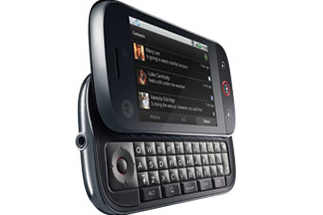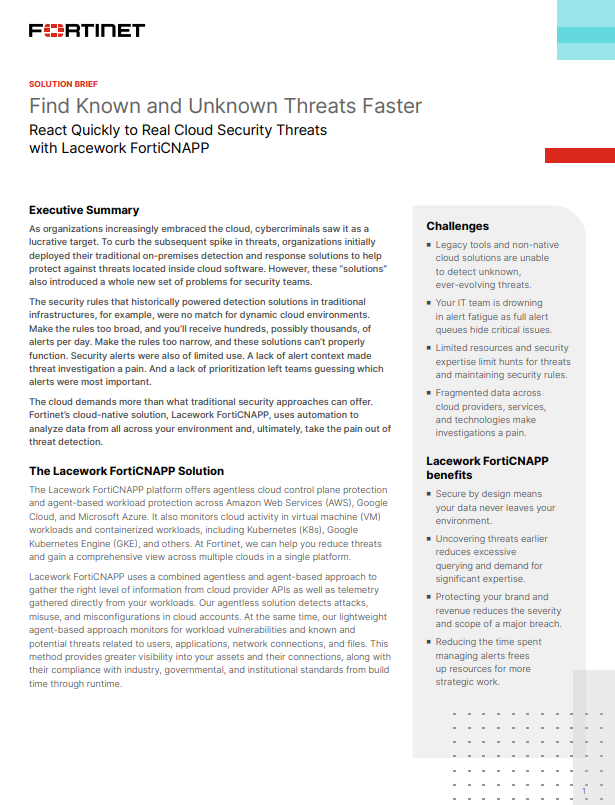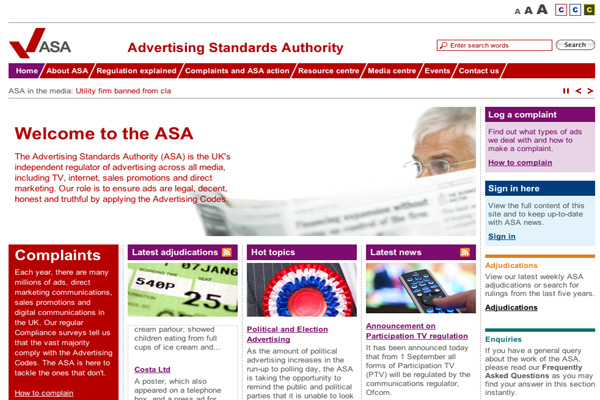ASA disagrees on Motorola DEXT's 'social skills'
The advertising authority has upheld a complaint from INQ Mobile that its INQ1 offered much the same social appeal as the DEXT, and did so nearly a year earlier.

The Advertising Standards Authority (ASA) has given Motorola a slap on the wrists for a TV advertisement for its DEXT smartphone which claimed the handset was "the first phone with social skills".
The advert in question, created by Ogilvy & Mather, boasted that with the DEXT's MotoBlur interface, "your texts, emails, feeds and social networking sites synch together with no log ins and no apps to open" before an on-screen text tagline appeared stating: "Motorola DEXT with MotoBlur. The first phone with social skills."
However, despite the somewhat vague nature of the claim, mobile rival INQ Mobile was incensed enough to complain to the ASA, arguing that its INQ1 handset, which launched in November 2008, had much the same features as the DEXT, which only appeared in the UK nearly a year later. At launch, the INQ1 was billed by its makers as "the world's first social mobile".
Despite arguments from Motorola that the term "social skills" was too vague a concept to be measurable even going as far as to claim phones were inanimate objects so couldn't possess social skills at all the ASA upheld INQ's complaint.
In delivering its verdict, it reasoned that the viewers were most likely to interpret the statement as meaning the DEXT was the first device to offer streamed access to social networking sites.
"Although we noted there were differences in the way the Motorola DEXT and INQ phone functioned, because we considered the ad implied the Motorola Dext was the first phone to integrate social networking applications in one place, but that this was not the case, we concluded the claim was misleading," the verdict read, before concluding: "the ad must not be broadcast again in its current form."
Technology firms are no strangers to being run through the ASA mill. Apple has twice been censured for adverts involving the iPhone, first for claiming the device was "really fast" and then shortcutting the process of downloading an app, and separately for misleading viewers into believing the device could access the whole internet, when in fact sites containing Flash or Java don't display properly on the iPhone.
Get the ITPro daily newsletter
Sign up today and you will receive a free copy of our Future Focus 2025 report - the leading guidance on AI, cybersecurity and other IT challenges as per 700+ senior executives
-
 Neural interfaces promise to make all tech accessible – it’s not that simple
Neural interfaces promise to make all tech accessible – it’s not that simpleColumn Better consideration of ethics and practical implementation are needed if disabled people are to benefit from neural interfaces
By John Loeppky
-
 Solution Brief: Find Known and Unknown Threats Faster
Solution Brief: Find Known and Unknown Threats FasterDownload Now
By ITPro
-
 ASA rules against hidden advertising by vloggers
ASA rules against hidden advertising by vloggersNews The ASA has ruled against the use of unclear advertising by vloggers via their YouTube channels
By Caroline Preece
-
 Groupon promises to change after OFT ruling
Groupon promises to change after OFT rulingNews The internet deals company has three months to make the agreed changes to its trading practices.
By Jennifer Scott
-
 BT fibre broadband advert banned
BT fibre broadband advert bannedNews A BT Infinity advert has been banned after the ASA concluded it was misleading.
By Tom Brewster
-
 Vodafone ticked off by ASA for femtocell ad
Vodafone ticked off by ASA for femtocell adNews An ad touting the merits of Vodafone's Sure Signal mobile phone reception booster are at the heart of the telling off.
By Stewart Mitchell